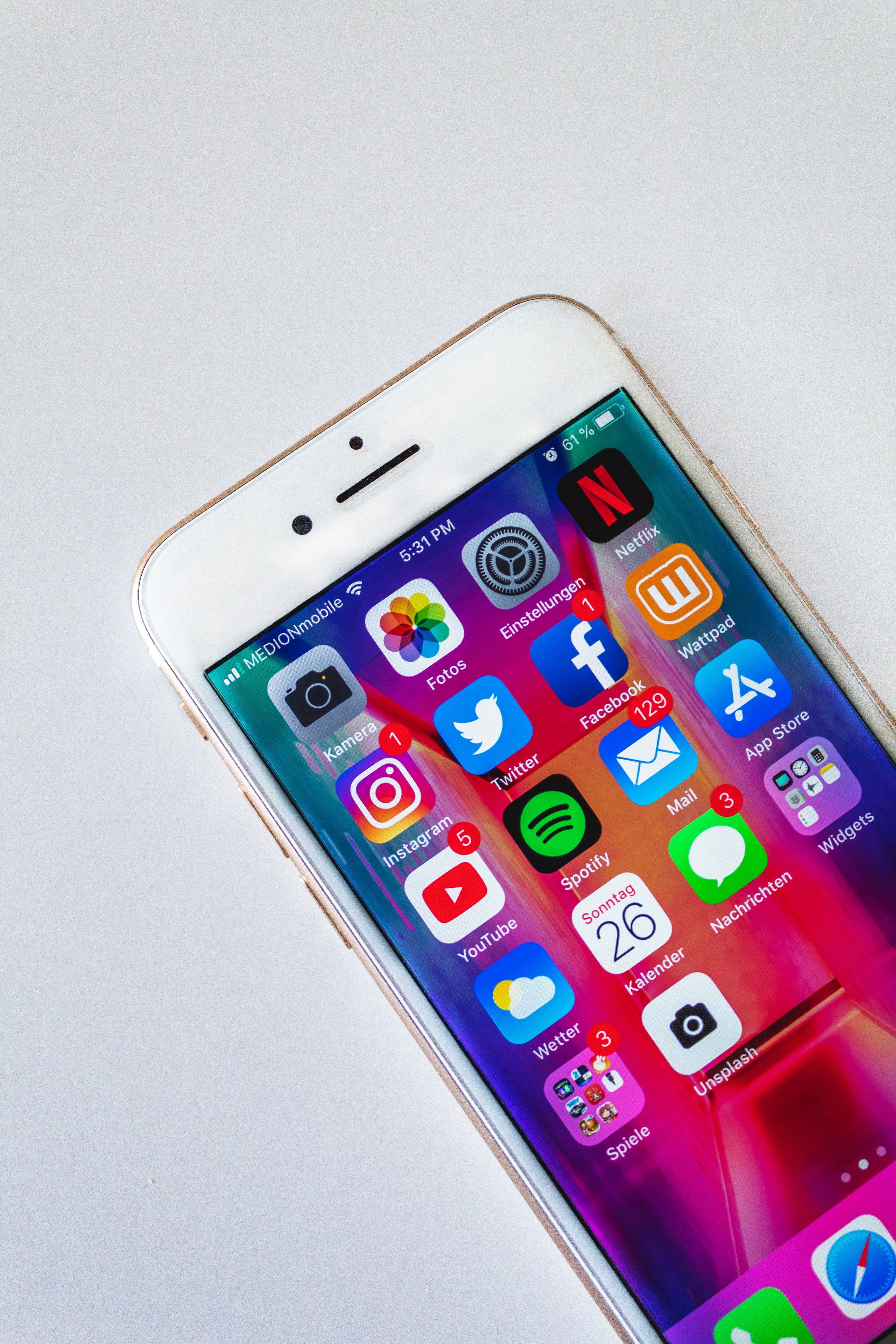The rise of social media has come with many benefits. It has never been easier to connect with others. Time and location no longer serve as barriers. We can reach anyone in an instant. It simply takes opening a laptop or picking up our smartphones.
Social media has also become the primary method in which we consume our news. We no longer wait to be informed of world events from a TV station or the daily newspaper. The moment a newsworthy event occurs, it has immediately spread worldwide through social media.
Unfortunately, social media comes with drawbacks. There is growing scientific evidence that excessive use of social media can lead to symptoms that mimic addictions. Every time you receive a positive response on social media, such as a Like or a Retweet, your brain releases dopamine. This chemical release teaches you that rewards feel good. Subsequently, you pursue this feeling by repeatedly checking social media. According to Statistica, the average daily use of social media amounts to 2 hours and 16 minutes!
Social media can also lead to an increase in depression and anxiety. This occurs because social media stimulates our tendency to compare our real lives to the ideal lives that others present on such platforms. This makes us feel “less than” others which leads to negative emotional experiences.
If you doubt these drawbacks, consider that Apple founder, Steve Jobs, did not allow his children to use the iPad. Why would the creator of a product not allow his own children to use it?
Due to such drawbacks, it is imperative that we establish a healthy relationship with social media through boundary setting. Healthy boundaries will protect you from these dangers. Here are five steps to ensure a healthy relationship with the virtual world.
- 1. Set time limits
Determine the amount of time that you deem appropriate to be on social media. Is it 30 minutes per day? Is it 2 hours? Establish your boundary and stick with it.
In addition, understand that there is a time and a place to check social media. For example, the first thing I do when I return home from work is to leave my phone in the mudroom. This action forces me to unplug from the virtual work and be present with my family. I do not want to be distracted by social media. I want my wife and children to have my undivided attention.
- 2. Be intentional
Remember why you joined a social media platform in the first place. This will ensure that you utilize it with purpose. Without such a compass, you will be sucked into an abyss of infinite clicks on infinite profiles.
For example, I only use Facebook to connect with family and friends. This platform has made it easier to send birthday or holiday wishes to loved ones throughout the globe.
On the other hand, I use twitter to express my thoughts on topics of interest such as mental health and writing. I also use this platform to connect with fellow writers and medical professionals.
- 3. Do not compare yourself to others
Social media makes it very tempting to fall into the trap of comparing yourself to others.
Remember that people put their best foot forward when they present themselves on social media. They are presenting a façade by cherry picking photos and posts. Hence, you are comparing your real life to the ideal life that someone is projecting. This is an unfair comparison which results in feelings of envy and inadequacy.
If you want to make any comparisons, look inwardly. Focus on where you have been, where you are and where you are heading in life. Monitor your progress. This form of comparison will help you feel more fulfilled.
- 4. Avoid interactions with negative people
Recognize that people can affect how you feel. This occurs because they can project their emotions onto you. Do not be surprised if someone projects negativity onto you through harsh criticism or unfair judgement on a social platform.
In such situations, it is important to set healthy boundaries. You are not obligated to endure or internalize the projection of negativity. A simple unfollow, unfriend or block will suffice. There is no need to disrupt your inner peace by engaging in heated conflict. Take the high road.
- 5. Maintain Perspective
Social media can be upsetting when it reminds you of everything that you are missing out on. For example, it can be difficult finding out that you were not invited to a social event. You may feel rejected and question your self-worth.
Maintain perspective by establishing healthy expectations. It is ok if you are not invited to a social event. It may even be a good thing. Can you imagine how overwhelming life would be if you had to attend every social event? Expecting to be invited to all social events sets the bar at unattainable and unsustainable levels.


